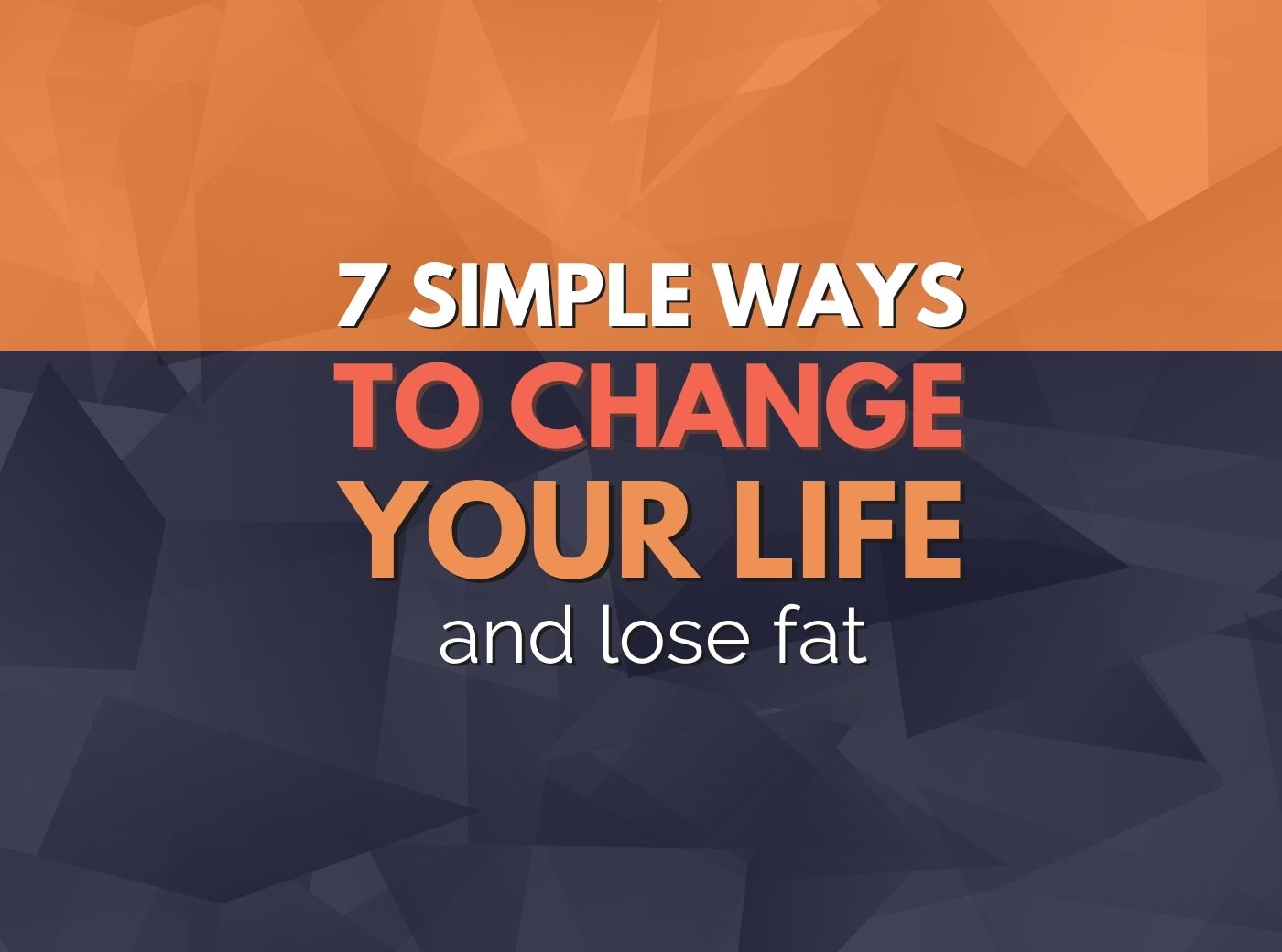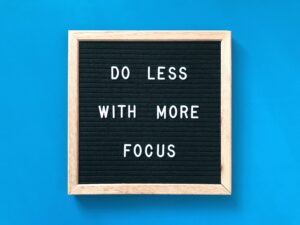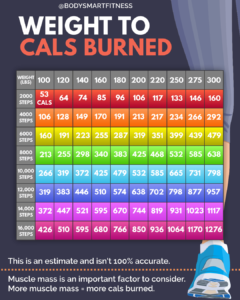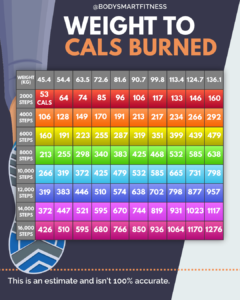Written by Matthew Ainsworth
Matt ipsum dolor sit amet, consectetur adipiscing elit, sed do eiusmod tempor incididunt ut labore et dolore magna aliqua. Proin eu sapien tincidunt, fermentum urna sed, pretium enime gestas.
Link copied

7 Simple Ways to Change Your Life and Lose Fat
Have you ever said “Diet starts Monday” then this article is for you!
We’ve all been there before…
A heavy weekend of binge drinking and overeating takeout.
Too many movie snacks on the sofa.
A BBQ buffet that’s left you feeling bloated like a balloon.
Monday morning comes and you vow this week will be different.
Let us tell you how to genuinely make it different.

That’s right, we are suggesting that you do less, not more when it comes to your initial efforts at losing body fat.
“But what? Why? I need to lose like 30lbs and by the weekend, doing less won’t help!”
At Body Smart, we exist to help real women get real results which means delivering a good dose of realistic expectations. We fully advocate for getting 1% better every day as we know that the compound effect of getting 1% better every day means you’ll be 37 times better over the course of a year (yes, that much!).
We believe it’s better to make tiny gains with consistent action than try and do all the things and burn out after a couple of weeks.
This is the pattern that the majority of people go through when they get to the point where they’re sick of the sound of their own excuses and they want to take action.
In the spirit of getting 1% better every day, Body Smart coaches like to ask clients is “What’s the least you can commit to?”
Which sometimes raises eyebrows and gets people wondering if we are joking.
You see, when you’ve been on a constant yo-yo on a diet/off a diet or on a gruelling exercise plan and off a plan, you become accustomed to trying to do too much. I know I’ve been there before when the Monday morning dread and the brain fog of the weekend excess makes me vow “this is different” and I commit to going to the gym every day at 6 am, cutting carbs and doing Adrienne’s 30-day yoga challenge while I’m at it.
That’s the point where we need to just stop. Think. Assess. Reframe. Come up with a new plan. And the new plan should involve the least you can commit to.
So instead of vowing to work out 6 times a week, why not commit to 2? And then truly celebrate in those first few weeks when you start to develop this habit of going twice a week. Once you have more energy, once you’re feeling more organised, mentally clear and look you can fit this into your routine, why not up it to 3 times? And then gradually increase it so that in the future the new you will be going on a more regular basis and going for her mental health and physical strength rather than as a tactic for fat loss.

This is something that is often overlooked by many but a large proportion of people are chronically dehydrated. Our thirst is sometimes mistaken for hunger and a lack of adequate hydration can really impact our cognition and physical processes like digestion.
Assess how much water you drink right now, on average, on a daily basis, and commit to upping it gradually every day. I like to make this easier on myself by having a large bottle of water with me at all times. I’m much more likely to drink it if it is in front of me so I make sure my water bottle is always in my eye line.
Side note: yes, you will pee a lot more at first but after the first week or so your body gets used to it and the constant bathroom trips reduce. If you work in a profession like teaching and you currently run on coffee rather than water, you might want to very gradually increase your intake so you’re not heading to the bathroom every 30 minutes and leaving your classroom unattended!
Let me ask you this… what would burn the most calories over the course of a week?
A) 3 x hour long gym sessions lifting weights
B) Walking 10,000 steps per day
C) Eating 100g pf protein per day
Many people guess incorrectly that A) exercise in the gym burns the most calories. This usually explains why so many of us ‘kick start’ that Monday diet with a vow to go to the gym every day.
This infographic is very eye opening when it comes to steps and weight to cals burned. It always fascinates people and gets our audience talking when we post it on Instagram.


Our advice? Commit to a daily walk, whatever the weather. It’s great for your mental health, especially if you work from home, and it is great for clocking up the steps. As a team we like to factor in a lunchtime walk, ideally device free, to just be mindful and present in nature while moving our bodies. It helps us break up the work day, get some important Vitamin D, clock up some steps and have time to think. We find it energises us when we return to our work after getting out for a walk.
![]()
Whether you want to lose fat and therefore need to adhere to a calorie deficit, you want to maintain your weight or gain weight, knowing your daily calorie targets will give you a plan and a framework to work towards.
We have a completely free calorie calculator at Body Smart to help you estimate the number of calories you need each day to gain, maintain or lose body fat.
Tracking your calorie intake is a skill. It takes time to build this skill and for many can feel restrictive and rigid. However, tracking your calorie intake can be the biggest eye opener and educational exercise in a fat loss phase. No foods are good or bad, but all foods have a caloric value. Get clued up and savvy on the foods you habitually eat and their caloric value to help you see how many calories you’re eating and drinking in a day.
If you haven’t already, you can download our ‘How to Track Your Calories Accurately’ eBook here to help you develop this skill.
When looking to change your eating habits, we like to think of food as an 80/20 balance. 80% of the good whole, single-ingredient foods (and aim to eat a rainbow colour of fresh fruit and veg each day) and 20% of what you fancy. This way you’re more likely to sustain your way of eating. Because you’re not going to give up chocolate or pizza forever are you? So why not learn the caloric value of your favourite foods and factor them in?

“How many hours sleep do you get each night? And how many hours sleep per night do you need to feel your best” Jaymie asked on our podcast episode all about sleep.
It’s a great couple of questions that get you thinking.
When I answered them it really made me focus on my sleep hygiene and the things I was doing that negatively impacted my quality and quantity of sleep.
Referring to point 1 about doing less, why not try and do 5 minutes more sleep in the first few days, then 10 minutes, then 15 minutes etc. Depending on how much sleep you’re getting vs how much you need to feel your best, this could take a few weeks to try and add in more valuable sleep minutes to your evening routine.
In an ideal world, not having a TV in your room is beneficial for your health. The blue light from electronic devices inhibits melatonin production and negatively affects sleep quality. Reducing your phone and tablet use at least an hour before bed also falls under the same advice here due to the blue light issue and not eating too close to bedtime will help you improve your sleep quality.
If you must have a TV in your bedroom (my husband will not let me get rid of ours!) then may I offer you this Netflix hack to try and help? I like to watch episodes until the halfway mark. That way they don’t end on a cliffhanger and I’m not tempted to ‘click to play next episode’. When I start a new series I look at the episode length. Let’s say it’s an hour long. On that first day I set an alarm on my watch for 30 minutes and turn it off at that halfway mark. From the next episode I will set an alarm for 60 minutes which means it is time to turn it off in the middle of episode 2. It drives my husband crazy but it’s my compromise for having the TV in our room. It means less temptation to keep watching and therefore steal my valuable sleeping hours.

At Body Smart, we are dedicated to educating people on the facts not fads about lasting fat loss.
There’s nothing that frustrates us more than fads and the unethical way they are marketed to women all over the world.
If you’re tempted to invest in diet shakes, fat burners, waist trainers, fat-melting injections or treatments, juice diets or anything else that isn’t to do with your caloric intake and moving more, please do your future self a favour and avoid these at all costs.
We know it’s tempting to find a fast track to fat loss but trust us, it isn’t worth it in the long run for the rebound in weight gain.
Fads keep you stuck and they’re incredibly frustrating. Refer back to point 4 about tracking your food and learning the caloric value of the foods you habitually eat before thinking the next big weight loss wonder product will be the answer.
Once you start tracking your calorie intake you’ll often realise that the amazing diet you did 10 years ago worked because the calories you were consuming were very low, therefore putting you in a calorie deficit.
For example, a diet shake is generally around the 200 calorie mark. If you have two of those per day and a meal of protein and veg (usually recommended) depending on your personal calorie targets, this would for most people mean you’re in a considerable calorie deficit. This is why diet shake products work because they follow the principle of fat loss which is a consistent calorie deficit. Many people will wrongly believe it is the diet shake or another weight loss wonder product that must have magical fat-melting properties but it is in fact the calorie deficit that is the key. You could get the same results drinking your average protein shake instead of a specific high-cost diet shake product (there are many on the market). It probably won’t taste as good as some of the highly flavoured diet shakes on the market but it will cost you a lot less!
Keto works by cutting out a whole food group and therefore the calories that you’d usually eat from carbs. Be warned with veto though, it’s not always a holy grail for weight loss due to the high-fat high-calorie content of some keto-friendly foods like cream, butter, cheese and nuts. Eat too much of these kinds of foods and you’ll see your calorie intake soar and your fat loss results dwindle.
If you’d like to learn more about your metabolism, the way your body burns calories and energy balance, watch this video here.
Instead of starting a new health kick by going all out, focus on the following:
1) The least you can commit to when it comes to workouts
2) Drink more water, do it gradually if it makes it easier and carry a water bottle at all times
3) Focus on your steps and get out for a daily walk
4) Work out your calorie targets
5) Track your food and eat the rainbow
6) Get a bit more sleep
7) Turn your back on the fads
If you could get 1% better with each of the points above, with time and consistency, you’d most definitely have a positive impact on your life.
If you know you’d like to invest in the LAST program you’ll ever need when it comes to sustainable fat loss and building unstoppable habits for life, apply for our 1:1 fitness, nutrition and mindset coaching today.
Notifications